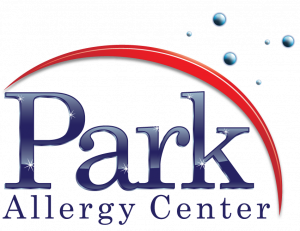Peanut allergies can be deadly. This treatment might do more harm than good, study says
Brett Molina, USA Today, 2019

Oral treatment for peanut allergies dramatically increase allergic reactions compared to avoiding the treatment altogether, a study published Thursday revealed.
The study published in The Lancet pulled together results from 12 randomized, controlled trials, including more than 1,000 patients, to compare how participants fared using oral immunotherapy, a treatment where a person with an allergy is fed the allergen in small doses to help build up a tolerance.
The average age of participants was 9, researchers said. They were followed for about a year, measuring adverse reactions, the need to use epinephrine, and reports of anaphylaxis, a life-threatening allergic reaction.
Results showed participants using oral treatment for a peanut allergy were three times more likely to report anaphylaxis than those who didn’t use the immunotherapy. Their risk of using epinephrine or suffering an adverse reaction was twice as high, said the study.
Meanwhile, the study also showed the quality of life for participants on the immunotherapy was no different than those who didn’t use the treatments.
“Our results do not denounce current research in oral immunotherapy, but the method needs to be more carefully considered, improvements in safety made, and measures of success need to be aligned with patients’ wishes,” said Dr. Derek Chu, lead author of the study and fellow in the Department of Medicine at McMaster University in Ontario, Canada, in a statement.
Last December, a study was released saying an experimental drug used to help build a tolerance over time to peanuts is ready for review by the Food and Drug Administration.
In an interview with USA TODAY, Chu said the trials administered immunotherapy in different ways, such as a powder to pour over food, a capsule, or through peanut butter or foods containing peanuts given in controlled doses. However, Chu said while on the immunotherapy, certain activities such as exercise or even a hot shower could trigger someone to have a severe reaction.
“This type of therapy is still investigational. It’s experimental,” Chu said. “Patients need to know the facts exactly where the field is at.”
There are currently no approved treatments for peanut allergies. In 2017, the National Institute of Allergy and Infectious Disease updated guidelines on peanut allergies, saying they could be curbed by introducing items containing the food as soon as early infancy.


Leave a Reply
Want to join the discussion?Feel free to contribute!